SUMMARY
This is AI generated summarization, which may have errors. For context, always refer to the full article.
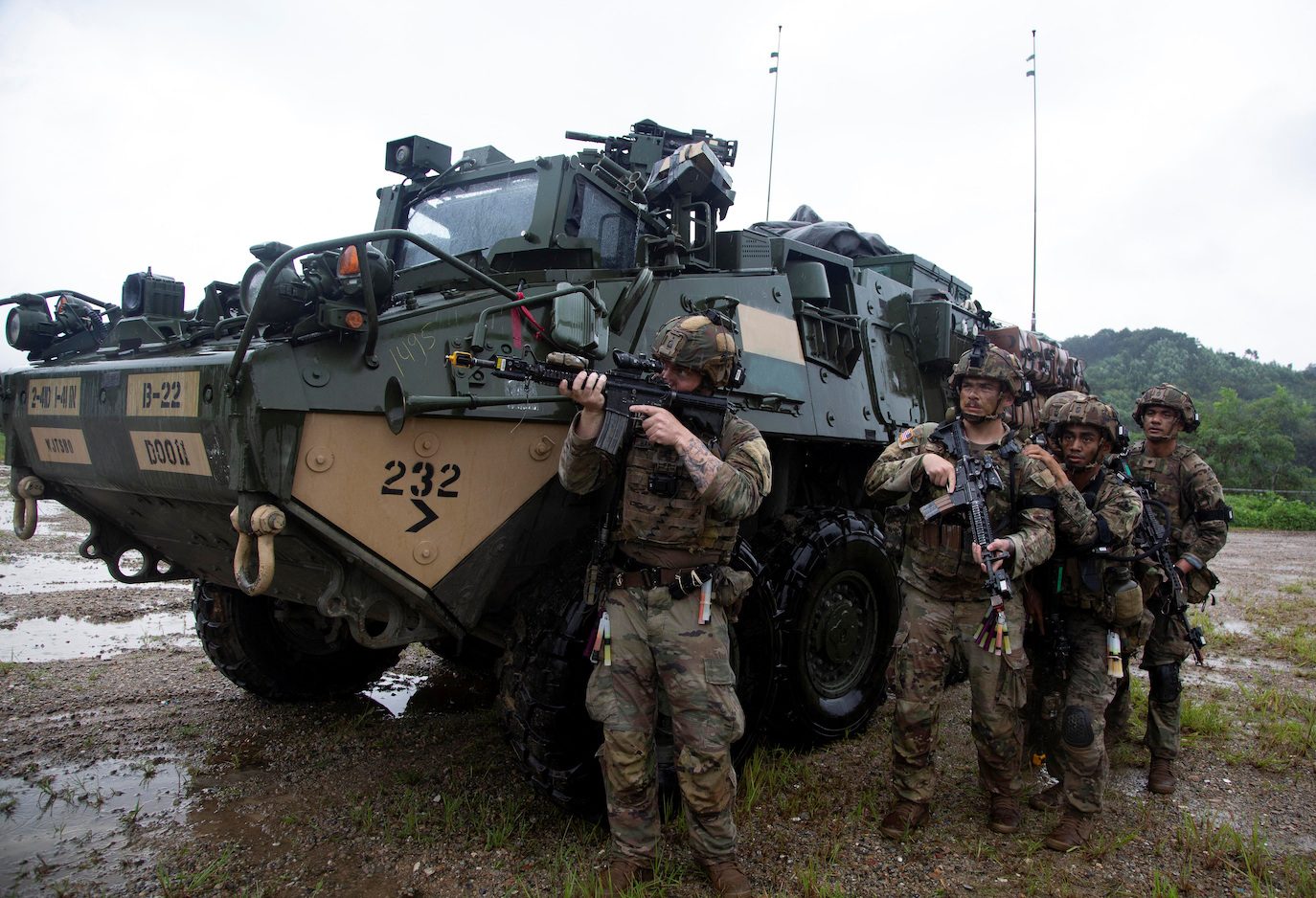
MANILA, Philippines – The US military is in talks to develop a civilian port in the remote northernmost islands of the Philippines, the local governor and two other officials told Reuters, a move that would boost American access to strategically located islands facing Taiwan.
US military involvement in the proposed port in the Batanes islands, less than 200 km (125 miles) from Taiwan, could stoke tensions at a time of growing friction with China and a drive by Washington to intensify its longstanding defense treaty engagement with the Philippines.
The Bashi Channel between those islands and Taiwan is considered a choke point for vessels moving between the western Pacific and the contested South China Sea and a key waterway in the case of a Chinese invasion of Taiwan. The Chinese military regularly sends ships and aircraft through the channel, Taiwan’s defense ministry has said.
Marilou Cayco, the provincial governor of the Batanes islands, told Reuters in a message she had sought funding from the US for the building of an “an alternative port” there, which was intended to assist the unloading of cargo from the capital, Manila, during rough seas in the monsoon season.
She said the plans were to build a port on Basco island, where local authorities say high waves often make the existing port inaccessible, and that a decision could be made in October.
The Philippines has in the past year almost doubled the number of its military bases that US forces can access, ostensibly for humanitarian assistance, and also has thousands of US troops in the country at any given time, rotating in and out for joint training exercises. China has said these US. moves were “stoking the fire” of regional tensions.
The Chinese Embassy in Manila did not immediately respond to a request for comment on the proposed port in Basco.
Two other Filipino officials, who requested anonymity because they were not authorized to speak to media, said US troops had visited Batanes recently to discuss the port.
One, a senior military official, said the Filipino armed forces were interested in radar and improving monitoring capabilities in the area.
Cayco confirmed the visit, saying they came “one time to assess” the proposed alternative port.
The move comes as Washington pursues closer ties with Asian nations to counter China in the Asia-Pacific region, including the Philippines, its former colony and treaty ally.
Kanishka Gangopadhyay, a spokesperson for the US embassy in Manila, said US Embassy and US Army Pacific (USARPAC) experts had been engaging the governor and local government, “at their request, to discuss ways USARPAC can support engineering, medical, and agricultural development projects in the province.”
He did not mention the port specifically.
Marcos increases US access
Previous President Rodrigo Duterte had threatened to scrap the U.S.-Philippines alliance and realign the country with Beijing but relations between China and the Philippines have grown tense under the current president, Ferdinand Marcos Jr.
Marcos, the son and namesake of the disgraced late strongman president, has sought closer ties with Washington, granting it access to four more military bases, including several close to Taiwan, though not in Batanes, and announced joint patrols in the South China Sea.
Marcos has said the bases under the Enhanced Defence Cooperation Agreement (EDCA) could prove useful if China attacked Taiwan.
Security officials in Manila said they believed any military conflict in the Taiwan Strait would inevitably affect the Philippines, given its geographic proximity to Taiwan and the presence of over 150,000 Filipinos on the democratically-governed island.
Batanes also served as one of the training sites during this year’s joint military exercises, known as Balikatan, which involved more than 17,000 Filipino and American troops, making it the biggest ever edition of the military drill.
At the time of the exercise, Cayco said she was seeking investment to build seaports and airports in the island province that is home to 18,000 people. The province could harbor Filipinos fleeing Taiwan if conflict breaks out there and residents have been worried about mounting tensions, according to local government officials.
The Philippines and China have also clashed in recent months over disputed waters in the South China Sea, with Chinese vessels firing water cannons on a Filipino vessel trying to send supplies to an outpost.
Cayco said she didn’t have any conversation with the US about EDCA or about radar installations.
She also said there had not yet been discussions about what access the U.S would have to the proposed port, but troops could use all ports in the area for regular military exercises like the Balikatan.
Jay Batongbacal, maritime affairs expert at the University of the Philippines, said the proposed port “would certainly be needed for the island’s defence in a worst case scenario.”
“If I were a Chinese strategist, I would want to take the Batanes at minimum in order to ensure control of the Luzon straits and use the island to prevent the approach of adversary naval forces,” he said. – Rappler.com
Add a comment
How does this make you feel?
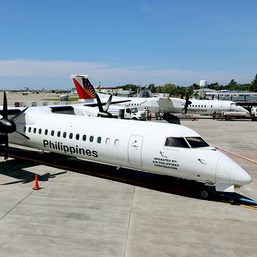
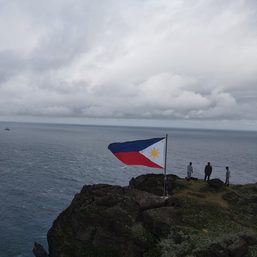
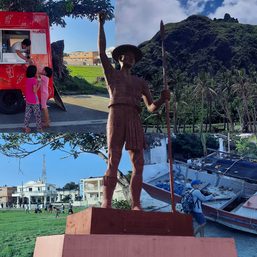
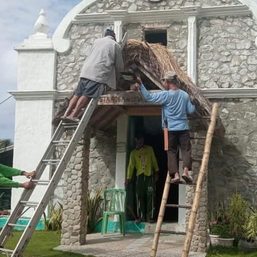
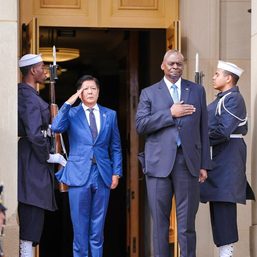

![[EDITORIAL] Paano tayo makakapuwing sa Tsina sa West Philippine Sea?](https://www.rappler.com/tachyon/2023/10/animated-wps-october-2023-carousel.jpg?resize=257%2C257&crop_strategy=attention)
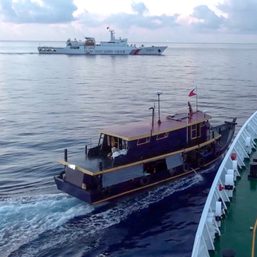
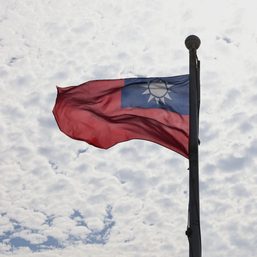
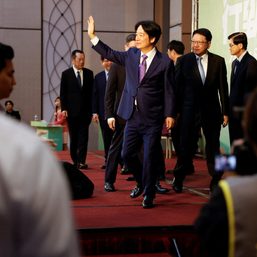
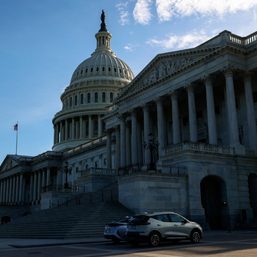

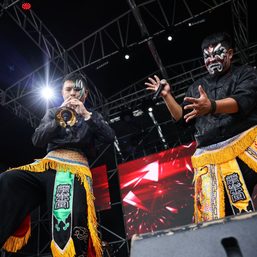
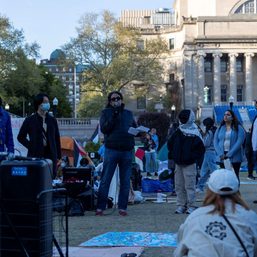

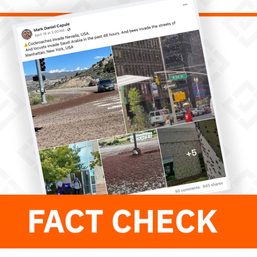
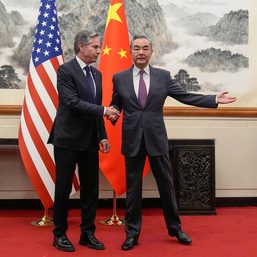
There are no comments yet. Add your comment to start the conversation.